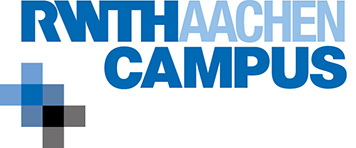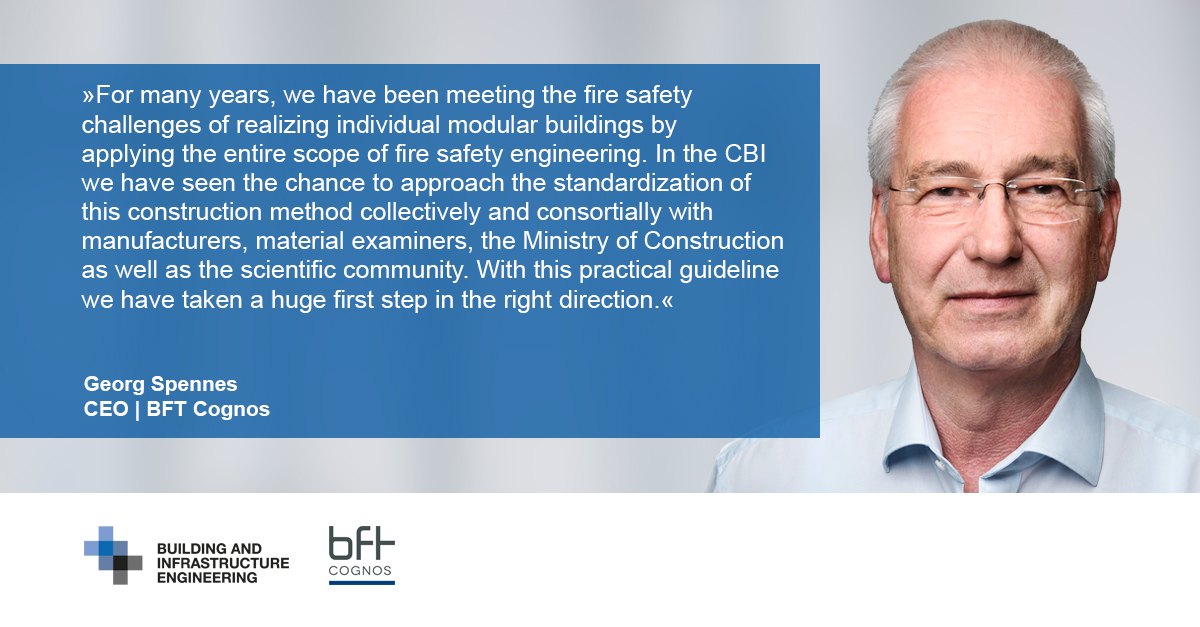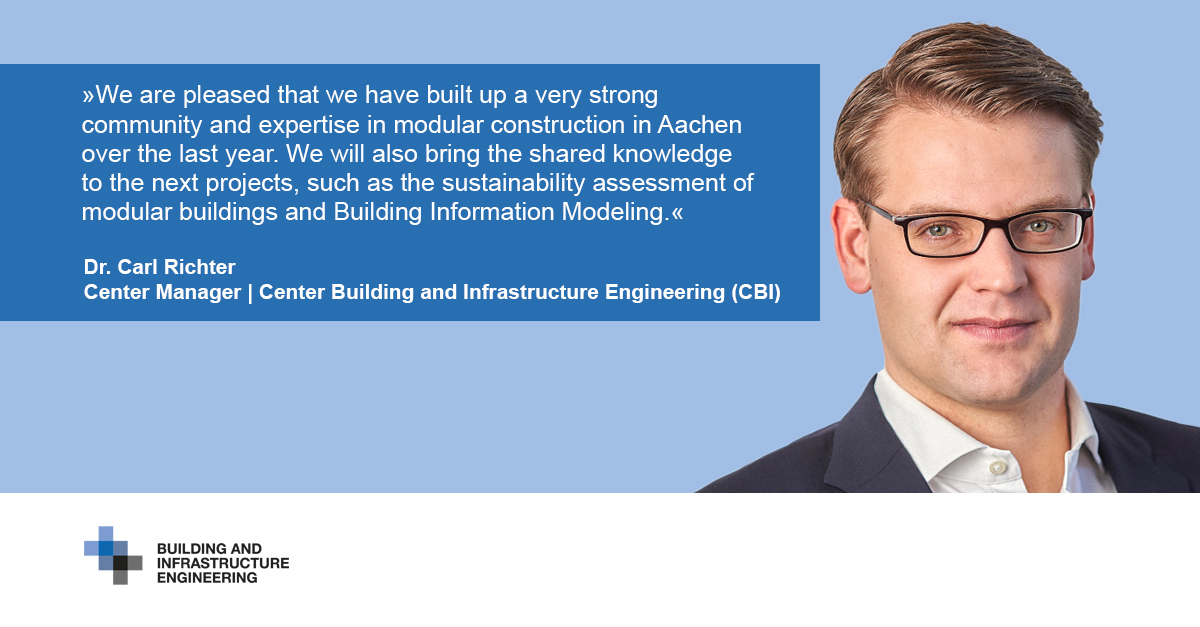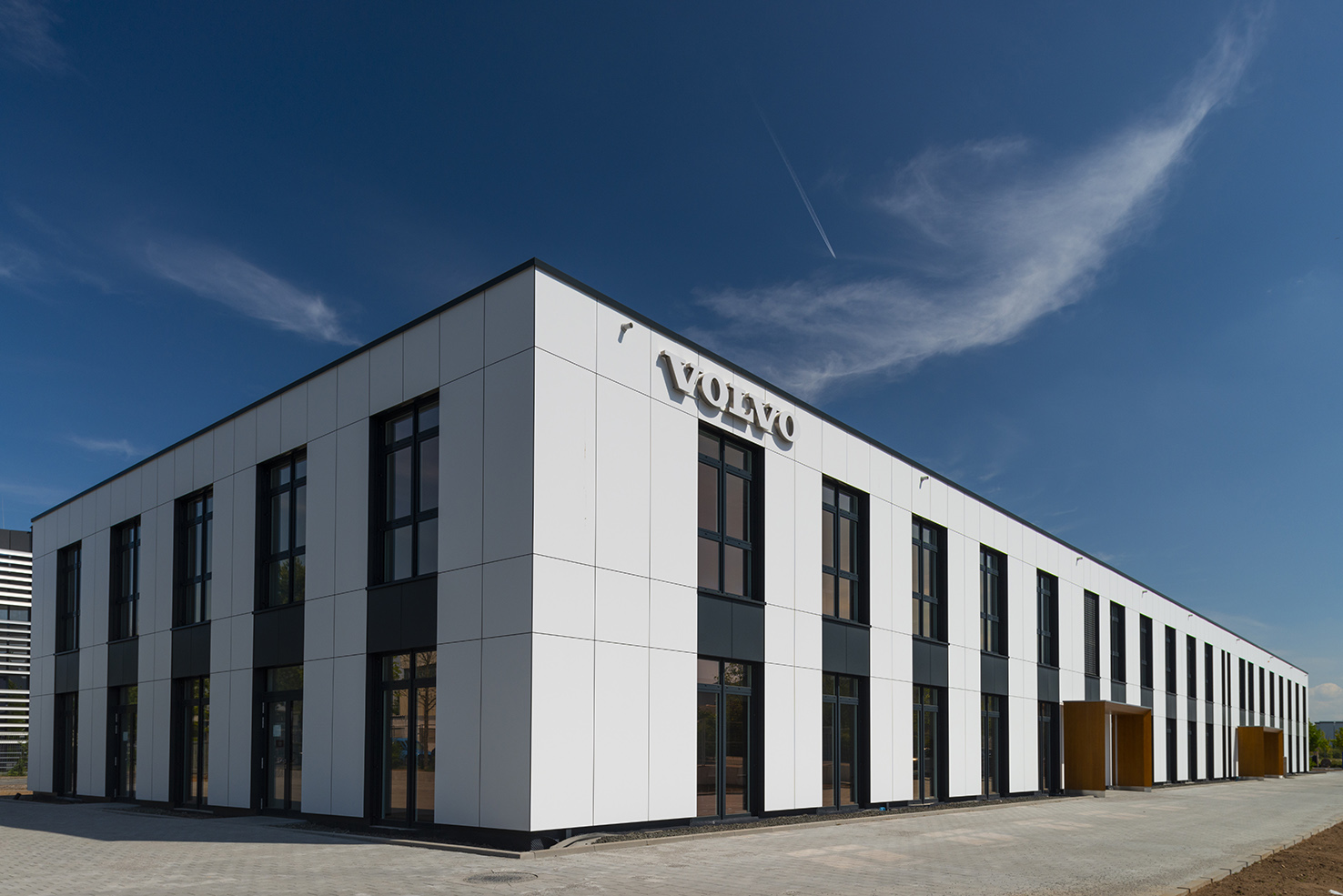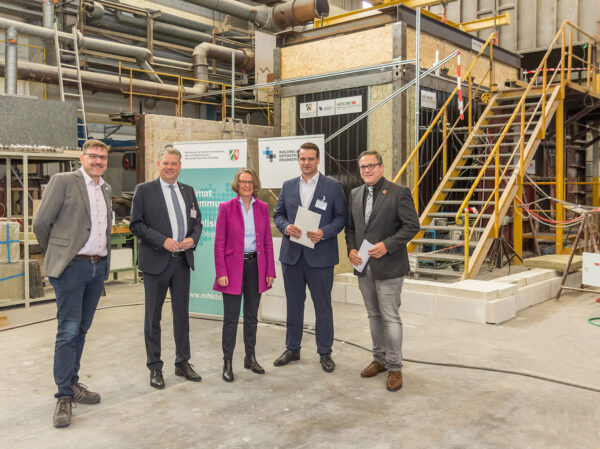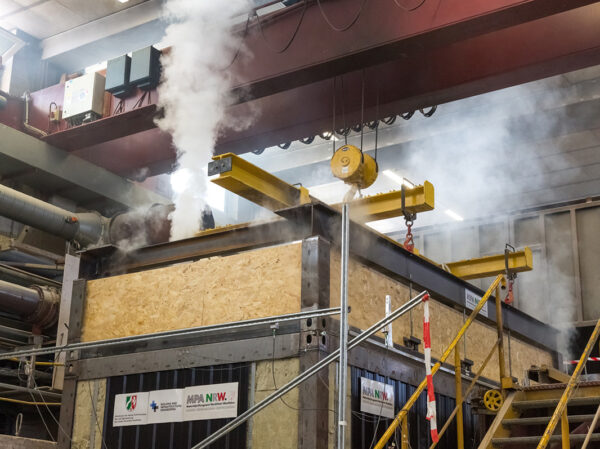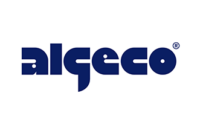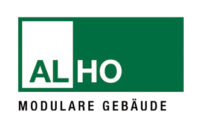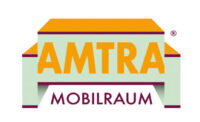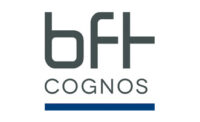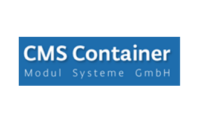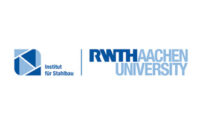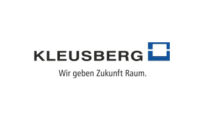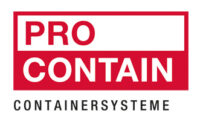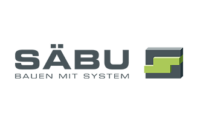First consortial project: Substantiation of fire safety in modular construction
One major issue in modular construction projects for principals, planners, manufacturers and authorities is the question of what structural engineering verifications – specifically with regards to fire safety – are required. As to date there has been no standard for all parties concerned regarding the properties, prerequisites and applicabilities of verifications, the result has been uncertainty, incomplete documentation and delays in the approval process, ultimately leading to higher than anticipated costs. The consequence: The actual benefits of modular construction in comparison with traditional construction projects, specifically significantly shorter project times and potentially much lower project costs have not come to bear. In cooperation with the Ministry for Regional Identity, Communities and Local Government, Building and Gender Equality of the Land of North Rhine-Westphalia, the industry and science consortium of the Center Building and Infrastructure Engineering initiated periodic work meetings and developed the first practical guide for parts requirements in modular structures used for the steel support structures with regard to fire safety within just one year. The guide includes
- an introduction and definition of terminology and requirements,
- the categorization of three room cell types: Type I (sea freight containers), Type II (steel frames free on the outside) and Type III (steel frames planked on the outside),
- a list and assessment of the types of usability substantiation and applicability on national and European level, and
- a visualization of alternative substantiation approaches based of the building code in force in the federal state of North Rhine-Westphalia.
Click here for additional information about the practical guide as a standardized aid for principals, planners, manufacturers and authorities, as well as construction features and technical standards in room cell manufacture.

